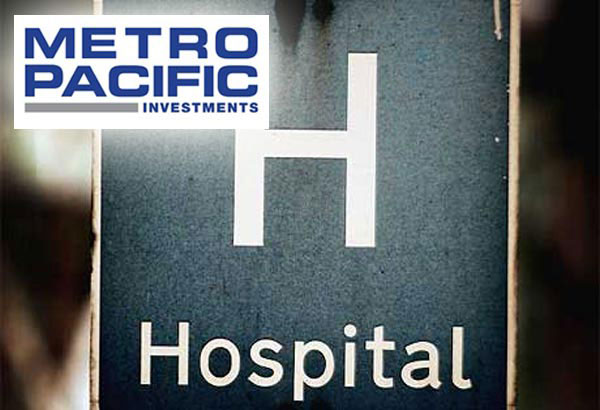MANILA, Philippines - Metro Pacific Investments Corp.’s (MPIC) healthcare group is increasing its portfolio through the acquisition of as many as four hospitals this year.
The country’s largest hospital chain is also improving its business model through new healthcare delivery like mall-based clinics and telehealth, its official said.
In an interview, Augusto P. Palisoc Jr., president and CEO of the MPIC’s healthcare group, said the company wants to acquire as much as four hospitals this year.
“We continue to talk to hospital owners all over the country to see where our next investments should go,†Palisoc said.
But the group is confident of acquiring at least one hospital this year, which is in line with the historical trend, Palisoc said.
The healthcare arm of infrastructure conglomerate MPIC allotted up to P4 billion for its capital spending requirements this year.
Palisoc said it includes the funding needs for acquisition and operational requirements for individual hospitals.
Last year, MPIC’s healthcare unit completed the purchase of a 51-percent stake in Quezon City-based De Los Santos Medical Center Inc. (DLSMC). It also bought a majority stake in Central Luzon Doctors’ Hospital in Tarlac.
Palisoc said the company targets to hit 2,500 beds with the acquisition of one or two new hospitals. In three years, the healthcare chain will reach 3,000 beds from the current 2,137.
MPIC’s hospital group is also venturing into new healthcare delivery systems.
“We will continue to look at other healthcare delivery processes in addition to the normal hospital investments we have traditionally made,†Palisoc said.
For instance, it is studying the mall-based clinics business. In June, the company acquired DLSMC affiliate De Los Santos-STI Megaclinic Inc., a 2,000-square-meter ambulatory and diagnostic center located in SM Megamall.
The hospital group targets to launch five to 10 mall-based clinics in the next three to five years.
“I think a lot of people are also talking about telehealth at the moment. This is something interesting,†Palisoc said, adding that the company is piloting a telehealth service through Asian Hospital.
According to the Telecare Services Association, telehealth is the remote exchange of data between a patient at home and their doctors to assist in diagnosis and monitoring. It takes advantage of digital technologies to deliver medical care, health education and public health services.
“Our intention is to eventually find a way to make that a sustainable economic activity,†he said, adding that the Philippines as an archipelagic country will benefit from telehealth.
Aggregate core net income of the country’s largest hospital group spiked 22 percent to P879 million last year due to increasing patient revenues, gains from completed capital expenditure programs and savings from group synergy projects.


